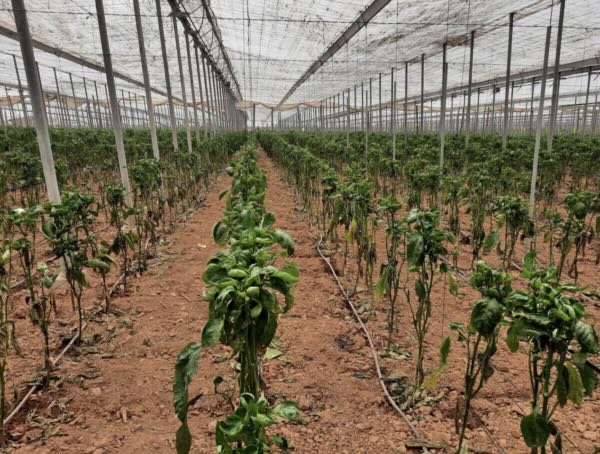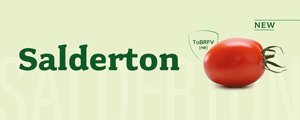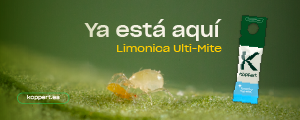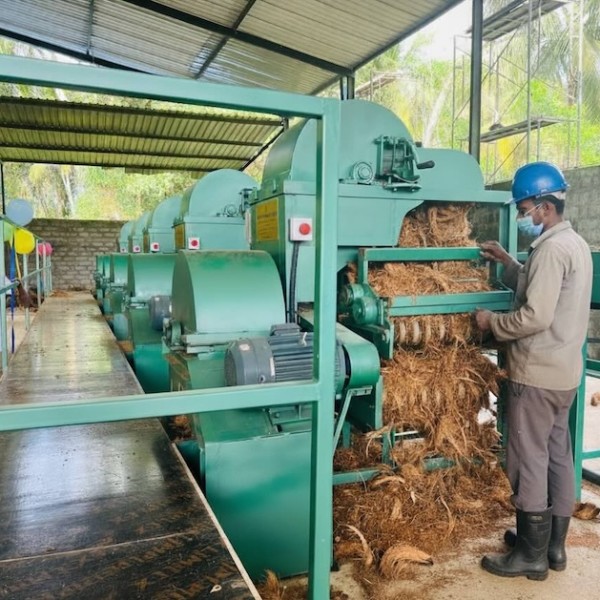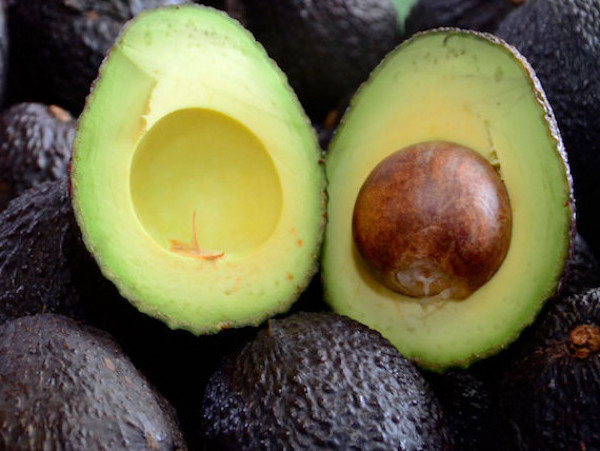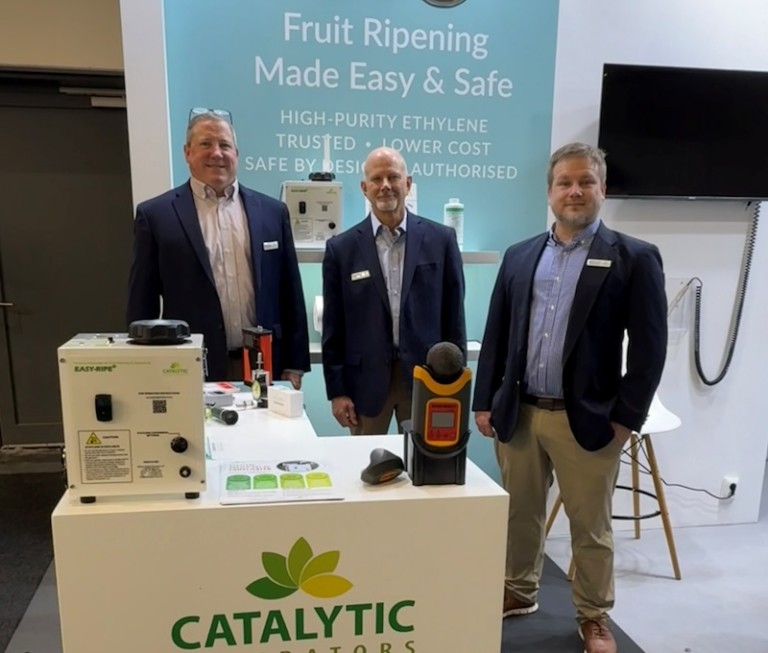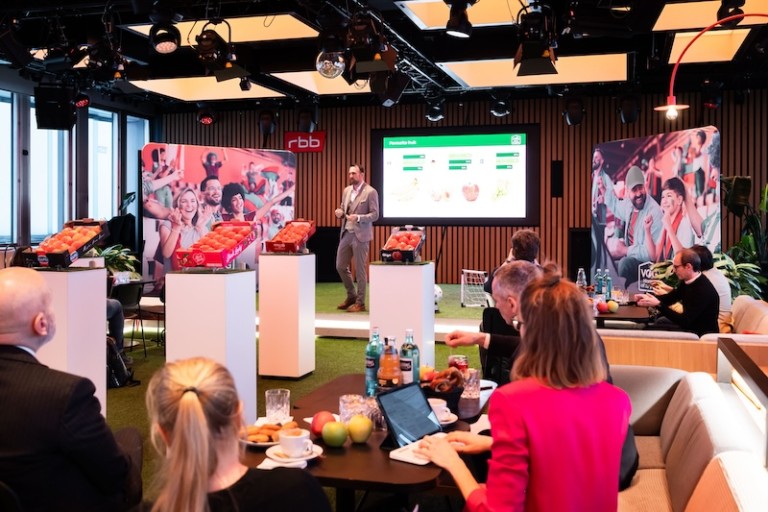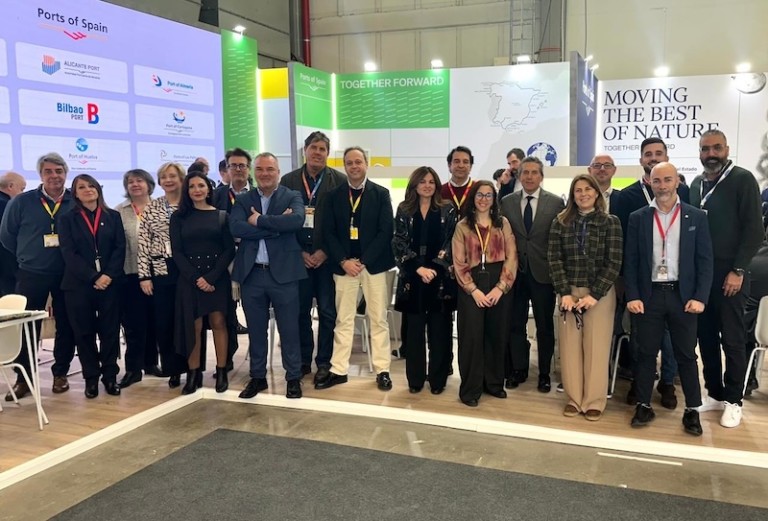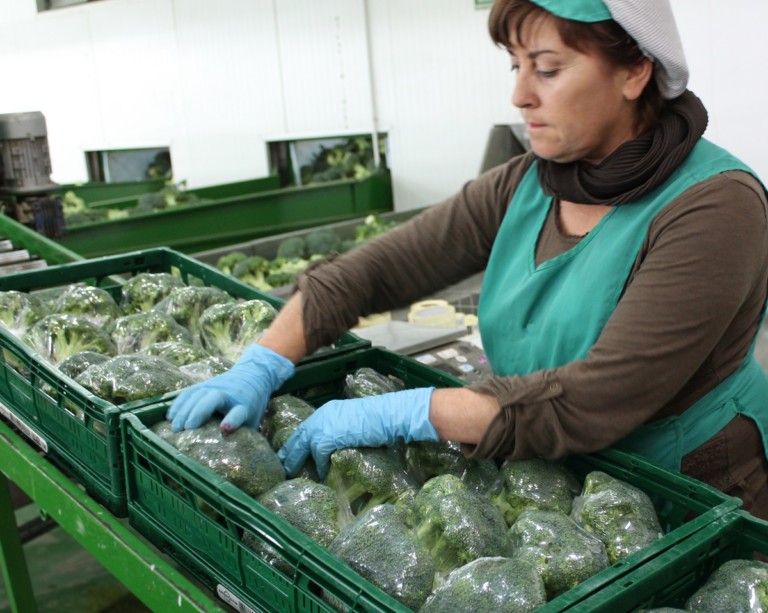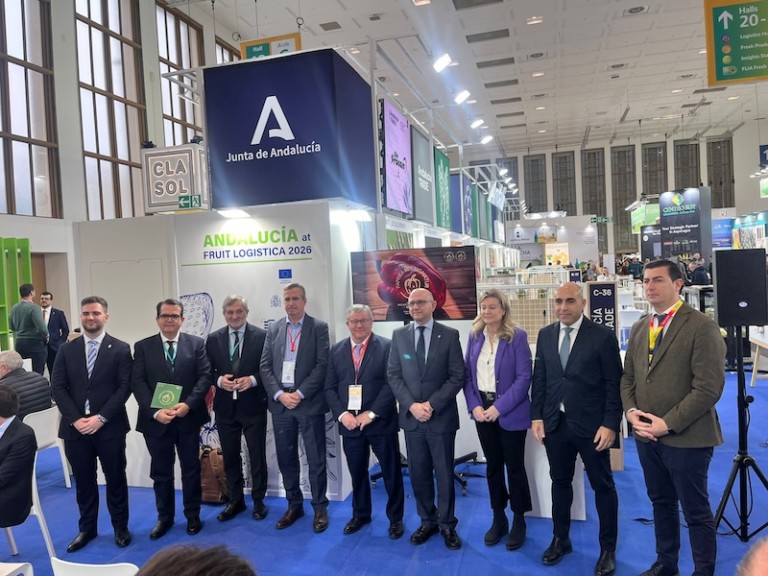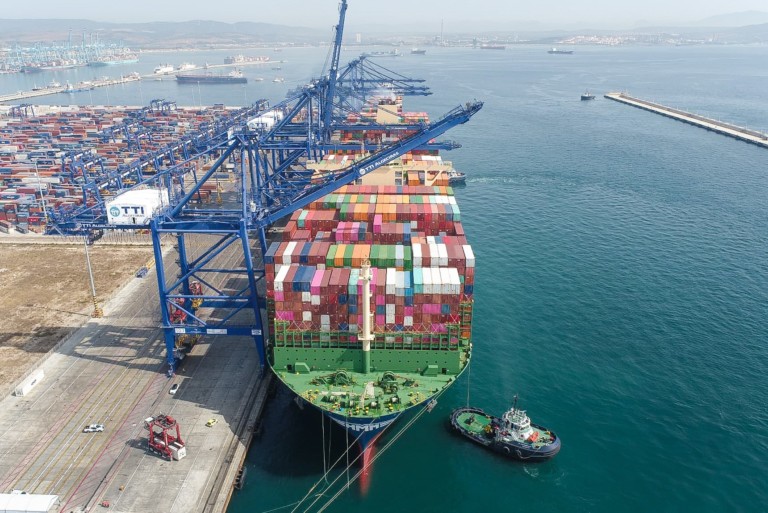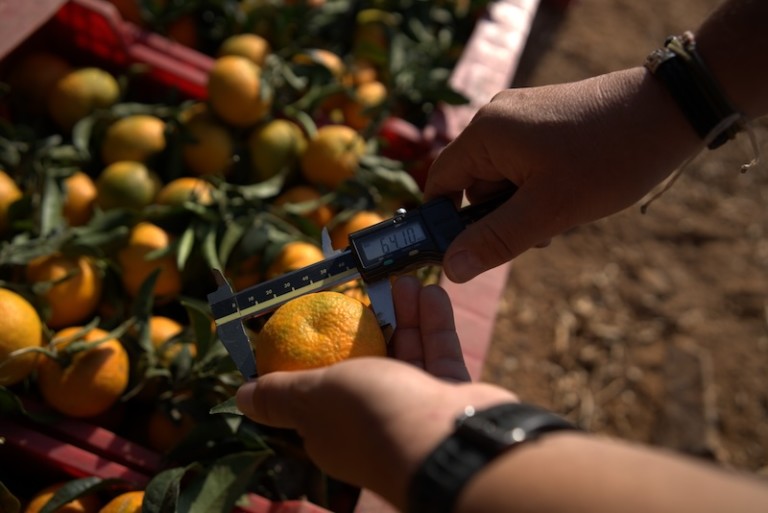The College of Agricultural Technical Engineers (Coitaal) is bringing to the table the serious problems caused by Thrips parvispinus in Almería. «Maximum concern» is the term expressed by Coitaal.
The 2025 campaign is witnessing the sharpest surge of this pest, especially in the Poniente area of Almería, where its presence is multiplying at a dizzying pace, with visible and devastating damage, according to Coitaal.
Technicians report deformed shoots, silvered leaves, discolored flowers, and fruits marked by punctures, which drastically reduce their commercial value.
«In the most severe cases, the pest forces crops to be terminated prematurely, leading to multimillion-euro losses and an increasing risk that growers may abandon pepper cultivation, opening the door to competition from other producing countries,» reveals the College of Agricultural Technical Engineers.
Requests
The problem is compounded by the ineffectiveness of authorized phytosanitary products, which fail to stop the insect, leaving the sector «in a situation of extreme vulnerability. Farmers are facing a resistant enemy without a clear tool to contain it,» explains the College.
Coitaal is calling for a review of prevention and control protocols at all stages of cultivation—from seedbeds, with the use of mesh on tray-carrier trolleys and thorough inspections of plant material, through to the farm.
Coitaal reminds that through its website www.ingenierosagricolas.org growers can download a guide with practical guidelines to identify, prevent, and control parvispinus in pepper crops.
«We are facing a dangerous, resistant pest with alarming behavior. There are no shortcuts or miracle solutions, and the only way forward is integrated pest management, combining biological control, cultural measures, and authorized phytosanitary products, always with professional and responsible advice,» states Fernando Paniagua, president of Coitaal.


